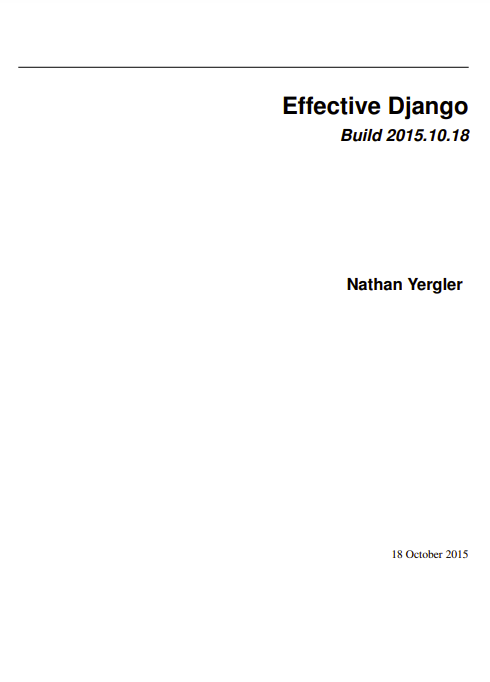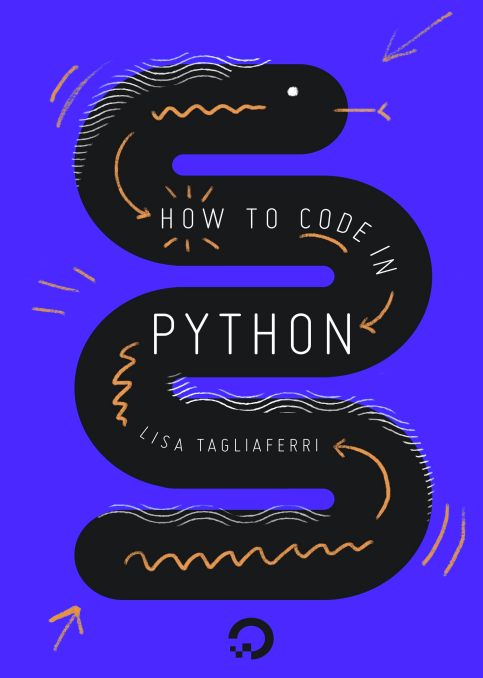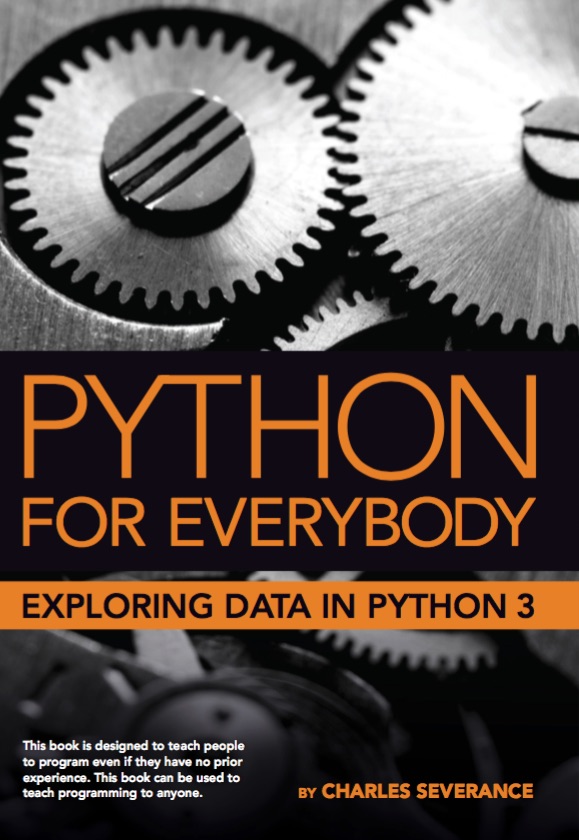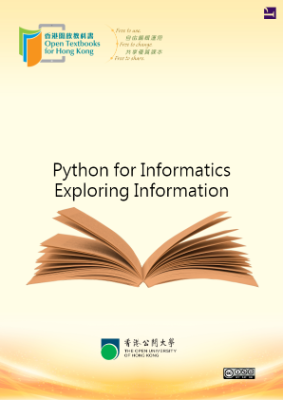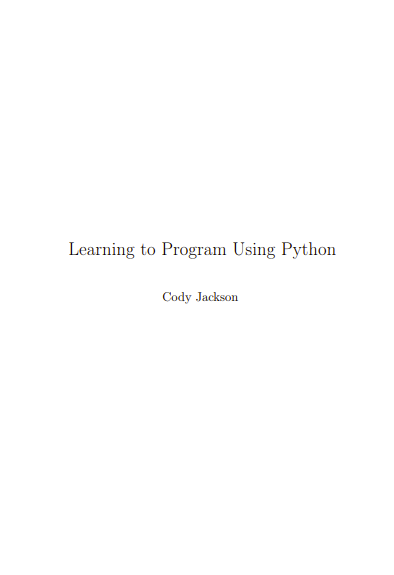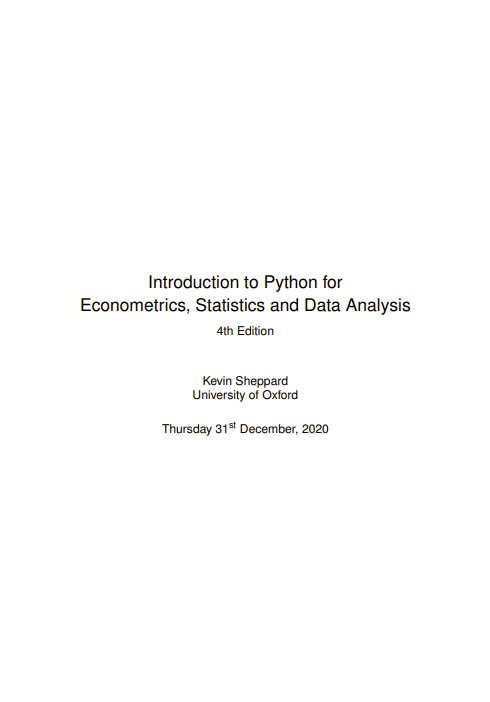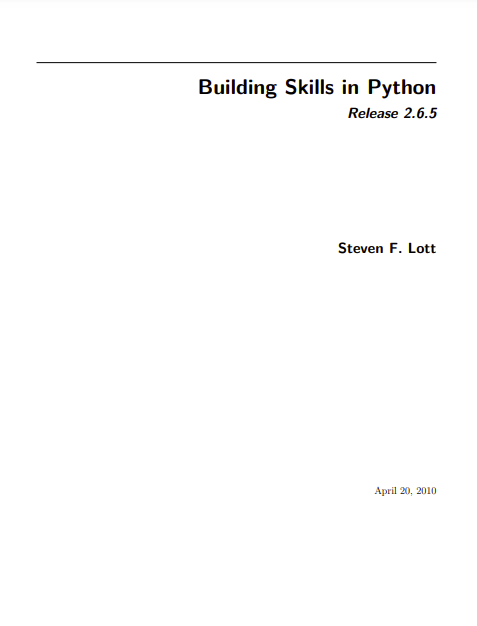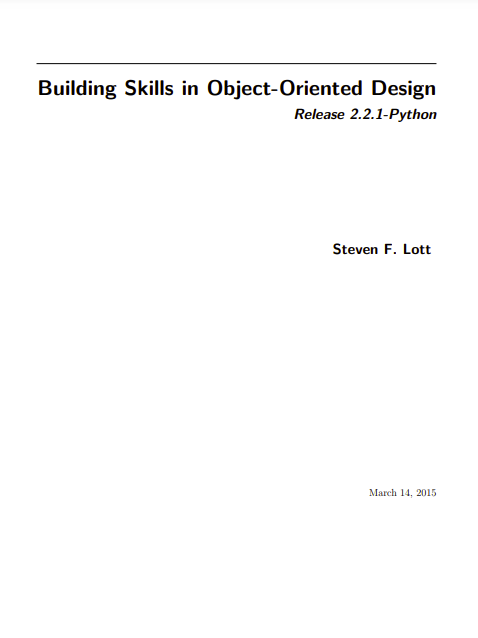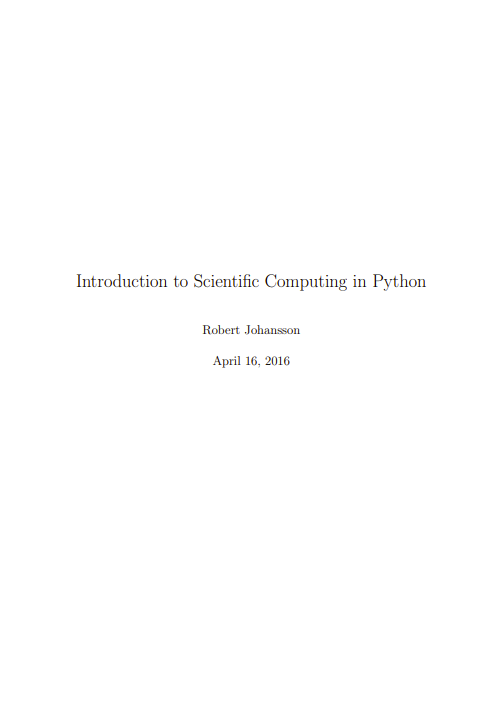When thinking about your development environment, there are three important things to keep in mind: isolation, determinism, and similarity. They’re each important, and they work in concert with one another.
Isolation means that you’re not inadvertently leveraging tools or packages installed outside the environment. This is particularly important when it comes to something like Python packages with C extensions: if you’re using something installed at the system level and don’t know it, you can find that when you go to deploy or share your code that it doesn’t operate the way you expect. A tool like virtualenv (http://www.virtualenv.org/) can help create that sort of environment.
Your environment is deterministic if you’re confident about what versions of your dependencies you’re relying on, and can reproduce that environment reliably.
Finally, similarity to your production or deployment environment means you’re running on the same OS, preferably the same release, and you’re using the same tools to configure the development environment that you use to configure your deployment environment. This is by no means a requirement, but as you build bigger, more complex software, it’s helpful to be confident that any problem you see in production is reproducible in your development environment and limit the scope of the investigation to the code you wrote.
